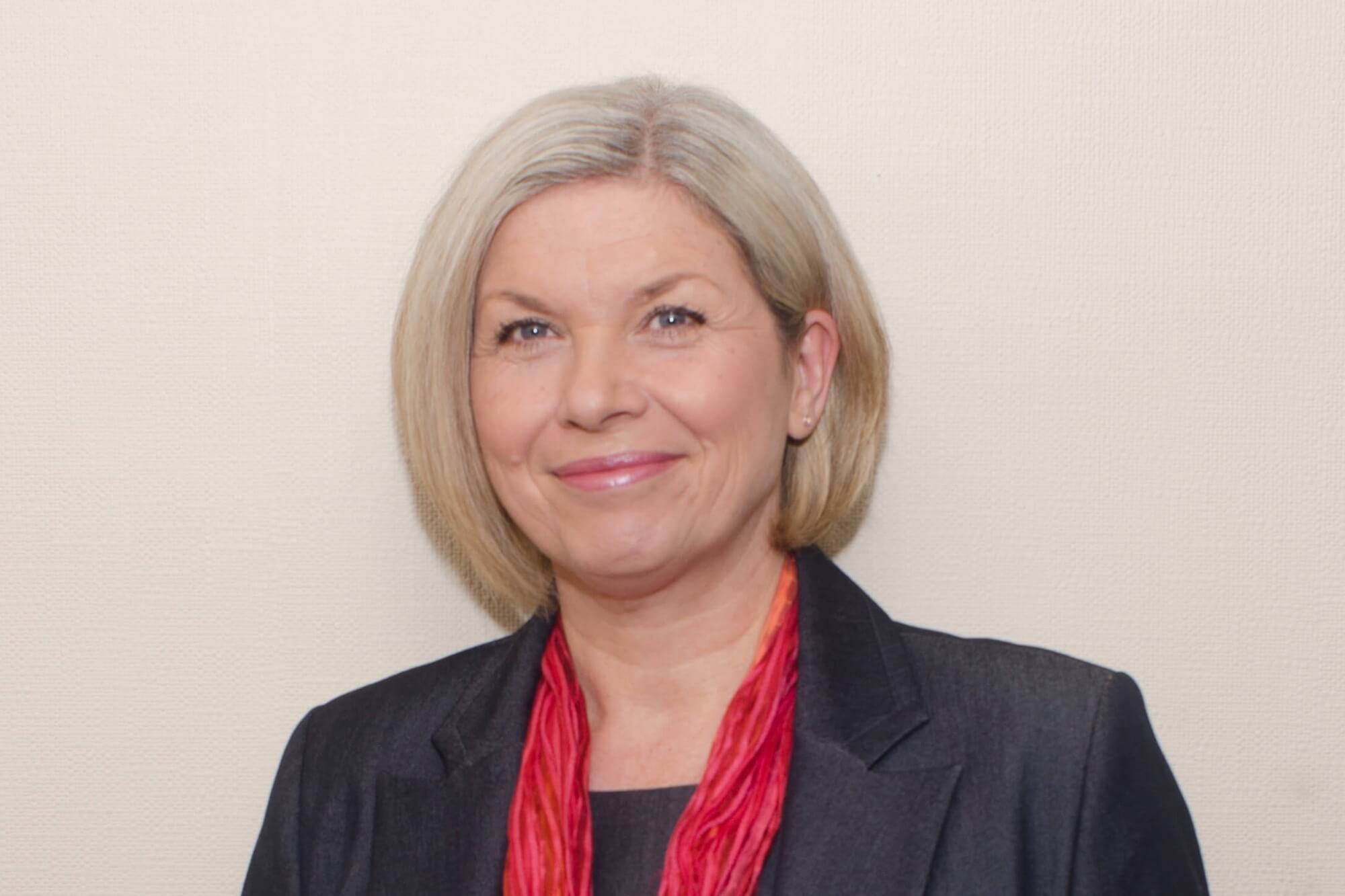NEET - Label with care

Recently I listened to a very interesting interview on the BBC Radio 4 Today programme, which focused on the difficulties facing young people not in education or training, categorised as NEET. The acronym refers to young people, usually between ages 16–24, who are not participating in formal learning, employed in paid work, or undergoing vocational training.
Whilst welcoming the fact that this subject was receiving prime-time national focus, much needed, as the discussion progressed I couldn’t help but start to feel uncomfortable. The use of the acronym NEET moved from being a category adjective to defining individuals.
Now you might think this is semantics and question why I’m raising this, but labels matter, and as professionals we must be careful how we use them. To be clear, I’m not questioning the use of the term NEET, or any other acronym for that matter, I’m advocating that we need to take care in how we apply them.
Since the 1980s, NEET has been used as a classification by government offices, researchers, and educational settings for data gathering, statistical analysis, and reporting. Such classifications are important for statistical analysis to determine levels of need and to accurately influence both policy and practice. Tracking group indicators are important. But when such classifications become common parlance they can, albeit subtly, become a label.
In my opinion, labelling an individual child as a ‘NEET child’ in discussions is deeply problematic. Firstly, it in no way identifies the background of the individual child’s situation, children may fall into this category for many reasons, and secondly, it may stigmatise them. In the same way, I would never refer to a SEND child; the child would be known as having special educational needs, which then prompts exploration of their particular needs.
Now, to be clear, tracking of all group descriptors is hugely important, especially in safeguarding, but in everyday practice or discussions, we must take care and not lose sight of the individual needs of the child.
SSS Learning Safeguarding Director
27 May 2025